The UK is not short of fresh business blood. More than 750,000 new companies were registered in the UK last year. Unfortunately, on average, around 20% of UK businesses fail during their first two years. This rises to 45% after five years. And 65% after 10 years.

Is it possible to find a business model that doesn’t suffer from the usual challenges that affect most businesses? I say it is. And that business is small-scale property development.
Here are five key questions for any new business: Is there a market for the thing you are selling? Do you need to worry about new technology? Are there barriers to entry? Have you thought through your margins and overheads? Are there any incentives available?
And here is why small-scale property development provides positive answers.
There is demand – lots of it. There is a massive housing shortage in the UK. The government’s targets require 300,000 new homes every year, and in recent years they have not come close to hitting this figure. And if the target Is not hit, the following year must increase to make up for the shortfall. So, when building homes of any shape or size, it’s fair to say there’s a very healthy demand.
There are no technology concerns. Houses are still built mainly by gluing bricks together with mortar. There is no requirement for a new home to be built any differently from the millions of other homes that exist all over the country. There might be a few more USB charging points and some underfloor heating in the bathrooms, but the house built today is in most ways no more advanced than the properties built years ago. There is no need to build it differently from the developer building out a similar project down the road.
There are limited and easily overcome barriers to entry. If you decided to develop property today, there are properties or pieces of land to buy from a commercial agent. Providing that the deal stacks up, getting commercial finance and private investment to fund both the purchase and the development work is relatively straightforward – there is a lot of money out there looking for a good home. And when it comes to the skills needed to develop a property, it is possible to hire these in. Architects, project managers, structural engineers and contractors are all guns for hire and readily available. And they already know how to develop property. The skills you need as a developer are people, organisational, management and decision-making skills.
Among the things that kill many businesses are high fixed overheads and a lack of cashflow. As a developer, running costs are minimal, plus a break between projects means not having to continually feed the overheads.
As for margins, in property development, a typical target margin is 20% of the gross development value (GDV): what you sell your finished homes for. For example, convert a shop into 10 flats worth £100,000 each, then GDV is £1m, and target margin is £200,000. This is a requirement of the commercial lender, who will be lending most of the funds to acquire the property and pay for its development. They don’t want you to lose money on the project, so they’ll make sure you’ve got enough profit to ride out a few storms and still end up in the black. You should also have a significant contingency fund to cater for unexpected costs, further protecting you against shirt-losing scenarios.
In the case of property development, the government is desperate to get more new homes built and has discovered that the lowest-hanging fruit is converting the many thousands of unused shops and commercial buildings that exist all over the country. It has recently expanded the number of permitted development rights to convert these buildings into residential use without full planning permission being required, making it easier than ever to both borrow money and dodge the vagaries of our broken planning system and get out of the blocks.
There are many more things to consider when starting a new business, but these are five essentials. Property development is not easy, but then starting any new business is never easy. No matter how optimistic the entrepreneur is, reality always comes to bite at some point along the journey – often quite hard. The key lies in ensuring you have done your homework at the outset and selected a business type and model that takes as much risk out of the equation as possible. Small-scale property development fits the bill.
Ritchie Clapson is co-founder of propertyCEO























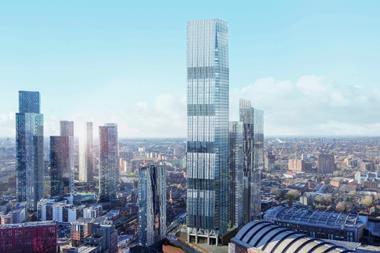
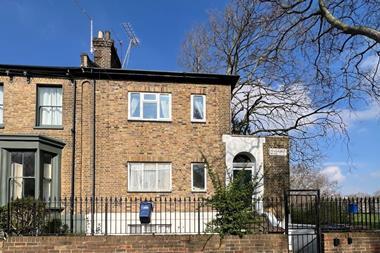

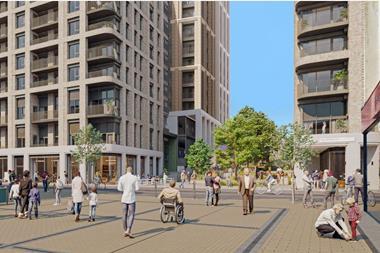
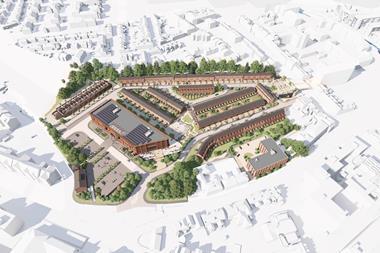
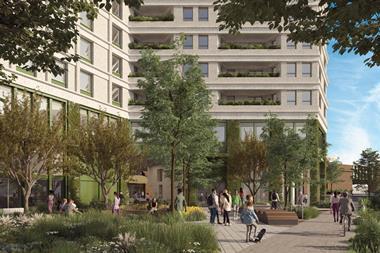
No comments yet